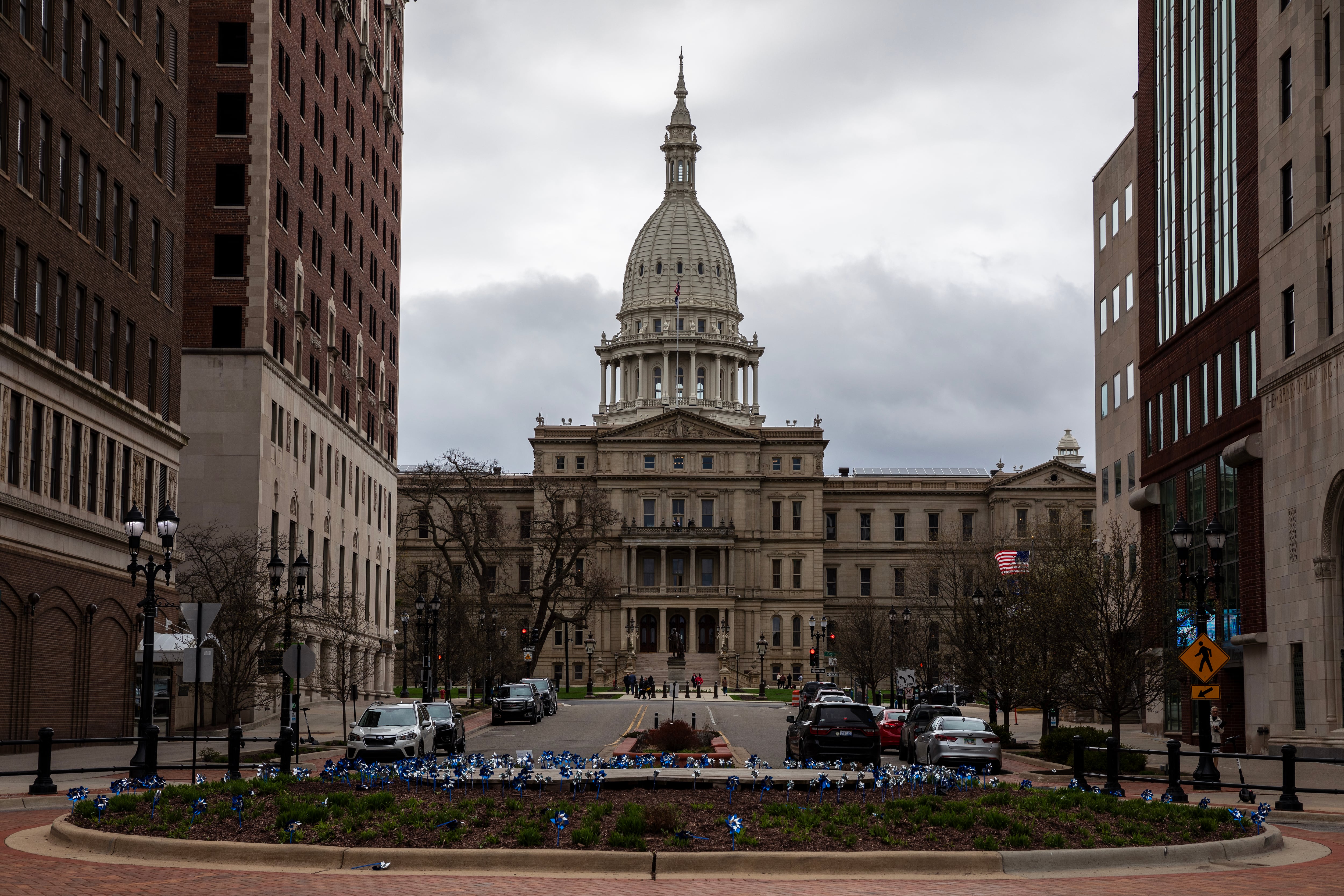Michigan Attorney General Dana Nessel said it’s too soon to issue an opinion on the constitutionality of a new education agency created by Gov. Gretchen Whitmer by executive order last month.
In response to a request from the State Board of Education for a ruling, Nessel said in a letter to state Superintendent Michael Rice Monday that the newly formed Michigan Department of Lifelong Education, Advancement, and Potential, or MiLEAP, could overlap with the board’s constitutional authority to oversee public education. But she said she would wait until after the governor’s executive order is implemented in December to see whether such a conflict happens.
Unless and until such a situation arises, she said, “issuing any type of opinion on potentially overlapping authority of the Board and MiLEAP is premature.”
The Democratic-controlled state board voted unanimously on Aug. 8 to seek a ruling from Nessel’s office on the new agency, which would take over some functions of the Michigan Department of Education, including responsibility for early childhood education programs. The elected state board chooses the MDE’s leader.
“Given the response from the attorney general, I believe that the actions and possible encroachment of the new department will be closely monitored,” said Pamela Pugh, president of the board, in a prepared statement Monday. “The State Board will not stand by and watch its authority be threatened or stripped away, at the expense of our children’s future.”
Rice said he “appreciates the attorney general’s review and initial reflections, as well as the letter’s ramifications.”
Pugh said she at the time of the board’s vote she wanted to ensure the new agency would satisfy the intent of the framers of Michigan’s constitution given that they separated public education from the governor’s office.
Nessel noted in the letter that Whitmer’s executive order specifies that nothing in the law should diminish the constitutional authority of the state board. If that intent is honored, Nessel said, the executive order could be deemed constitutional.
Stacey LaRouche, press secretary for the governor, said earlier this month that Whitmer’s office consulted with the attorney general’s team while drafting the law and that they were confident in the order’s legal authority.
Whitmer, a Democrat, has said MiLEAP was created to streamline lifelong education in the state, from pre-K to higher education to workforce development.
Under her order, the Office of Great Start, which serves the educational needs of children up to age 8, would move from the MDE to MiLEAP. The Governor’s Educator Advisory Council and the Michigan PreK-12 Literacy Commission would also shift to the purview of the new agency.
Authority for overseeing operations of K-12 education would remain with the MDE. Both the MDE and the state board will work with the new department, Whitmer said.
Hannah Dellinger is a reporter for Chalkbeat Detroit covering K-12 education. Contact Hannah at hdellinger@chalkbeat.org.






